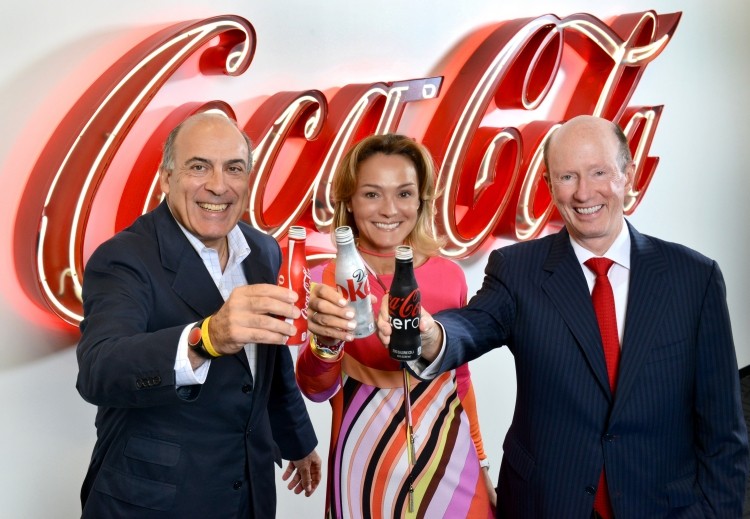Jobs threat after Coca-Cola bottlers merger: analyst

CCE has agreed to merge with Coca-Cola’s German subsidiary and Coca-Cola Iberian Partners (CCIP) in a three-way multi-billion pound merger.
The combined bottling giant, Coca-Cola European Partners (CCEP), plans to cut costs by up to £242M within three years, but a CCE spokesman said it is “too early” to assess the impact on UK jobs and facilities.
Analyst Julian Wild, head of the food team at Rollits solicitors, said: “The whole rationale is to cut cost by merging three European bottlers and to streamline the operation across Europe.
“Given that they have 50 bottling plants in 13 countries under the new CCEP, there must be plant closures and job losses.”
The new company will headquartered in the UK, which is already home to bottling plants in East Kilbride, Milton Keynes, Wakefield, Edmonton, Sidcup and Morpeth.
Wild said the likely merger of three head offices into a single London HQ would reduce central service jobs while only the “most efficient plants” would survive.
‘People are our secret ingredient’
CCEP at a glance
- More than 50 bottling plants
- 27,000 employees
- Annual sales of about £8bn
- More than 300M consumers across 13 countries
Announcing the merger last week, CCE said it would continue to “invest, employ, manufacture and distribute locally” while remaining committed to these communities.
Asked about the implications for workers in the UK, a CCE spokesman said: “We at CCE have always thought our people are our secret ingredient, one of the most important parts of our business.
“We won’t want to do anything to impact that.”
He said any changes to the business will take place in the “normal fashion” through open dialogue with works councils and representatives.
“But at this point it’s way too early to tell what will happen with facilities, people, leadership, headquarters etc,” he said.
He said further information about possible job losses or job creation would emerge in coming months. The merger is expected to be completed in the second quarter of 2016.
Of the deal, the spokesman said: “It’s a natural evolution of our business in Europe to look at how we can find a broader geographic base that works with our partners Coca-Cola.”
The merger involves CCIP, which serves Spain and Portugal, and Coca-Cola Company’s German subsidiary Coca-Cola Erfrischungsgetränke.
‘Big issues facing the soft drinks industry’
Rising concerns over the health implications of sugar have prompted consumers to cut back on soft drinks with CCE’s second quarter results showing an overall dip in sales of 17.5%.
Wild said the merger was “inevitable” and made commercial sense given in the shrinking market for sugary carbonated soft drinks worldwide.
He said: “There are some big issues facing the soft drinks industry, particularly around obesity and children.
“Despite the introduction of lower calorie products, there is a lot of negative publicity around soft drinks and Coca-Cola is at the forefront of that.
“These issues are not going away and I see a continuing decline for carbonated drinks which don’t fit with demands for a healthier diet.”
A spokesman at Unite the union said it was investigating the implications of the merger and talking to global and European federations of trade unions.
He added: “We are not sure what it means to the UK yet.”
Alan Costello, GMB regional officer, said: “The two European bottlers involved in the merger have plants in Spain and Germany.
“The next scheduled meeting of the European Works Council is in November. We will get more information on the impact of the merger at that meeting.
“In the meantime GMB will keep in touch with our union colleagues across the EU about possible implications for plants and jobs."












